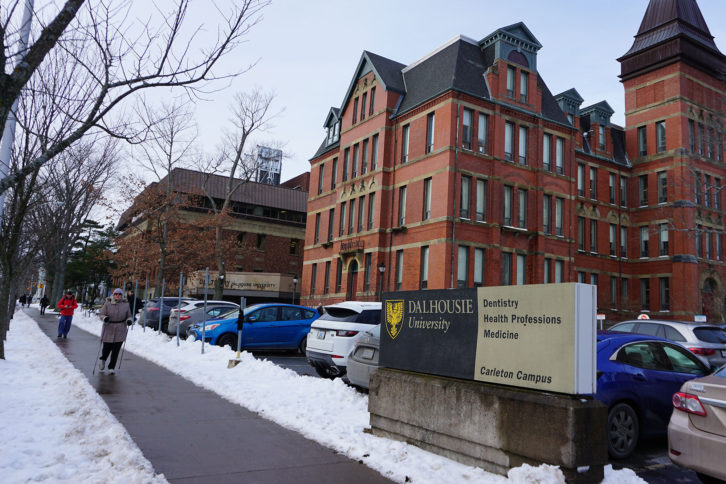‘From half a dozen to over 50’: More Nova Scotian doctors providing medically assisted deaths
As medically assisted death becomes more common, the province’s health authority is expanding its team of experts

caption
Nova Scotia Health Authority is continuing to develop support systems for doctors administering medically assisted deaths.Nova Scotia Health Authority (NSHA) is taking steps to reduce the risk of burnout for physicians and nurse practitioners involved in medically assisted death assessments.
On Friday afternoon, Dr. Gord Gubitz used his midday break to travel to Dartmouth for a medical assistance in dying (MAID) consultation. As of right now, physicians and nurse practitioners who take part in MAID assessments and procedures do so on a completely voluntary basis.
“A lot of us tend to do these things on evenings and weekends,” said Gubitz. “A challenge with that is you can imagine this sort of work has the potential to leave people a bit burnt out if it happens all too much and over a short period of time.”
Gubitz said for physicians who have never been involved in the MAID process it can seem really horrible and daunting. For him, it’s a rewarding experience. Related stories
“It’s a terribly, terribly sad time, but, at the same time, there’s a sense of happiness that the person is no longer suffering and they got what they wanted,” said Gubitz.
“There’s almost a weight that comes off people’s shoulders when they see that finally this person is at rest, and they are not suffering any longer.”
He said when it comes to the administration of MAID, it’s up to physicians to decide how many cases they can take on.
“One of the things we’re in the process of looking at is how do we take good care of ourselves and support ourselves?”
Gubitz, one of the doctors involved in the expanding MAID team, said that the NSHA has been developing and recognizing that people who are assessing patients and providing MAID need support.
He said when the legislation was first passed in 2016, there was a bit of a scramble in the health community because they were provided a very short timeline to develop a plan.
“Most health authorities across the country, ours included, are thoughtful, well-intentioned groups of people, but we don’t necessarily turn on a dime, and so it takes a while to organize these types of things,” he said.
Since 2016, the NSHA has developed what they call “the MAID team.” This team is made up of everyone who takes part in MAID assessments and procedures on a regular basis.
One of the key members of this team is John McCarthy, who joined to help develop training for the team.
McCarthy said since the development of the team and the training program, the number of people involved in MAID has significantly increased.
“The number has grown from about half a dozen to over 50 across the province,” said McCarthy.
Gubitz said in the beginning when there were just a few doctors administering MAID, they relied on each other for support.
“I think people naturally develop their own systems of support, and so we have sort of an informal process here in Nova Scotia, and were developing more formal processes that will be put in place, and then we also have national support as well,” said Gubitz.
There has also been increased MAID training for medical students.

caption
Dalhousie University’s faculty of medicine has added more training on medical assistance in dying for students.In an email from Dr. Evelyn Sutton, associate dean of the Dalhousie University Faculty of Medicine’s undergraduate medical education program, said the medical school “believes that medical students should have level appropriate knowledge for all interventions, including MAID.”
She said students “need to know the law, be prepared for the conversation and who and how to refer.”
Gubitz hopes the MAID consultations happening around the country will encourage more conversations about medically assisted deaths.
“I think that people are interested and asking more questions about this and they’re not as frightened by the concept because it’s been going on for a couple of years and the sun continues to rise.”
About the author
Ellen Riopelle
Ellen is a journalist currently living in Halifax. She has a penchant for travelling, hammocks, craft beer and good stories.

T
Theresa Dunn
M
Marjorie Kildare